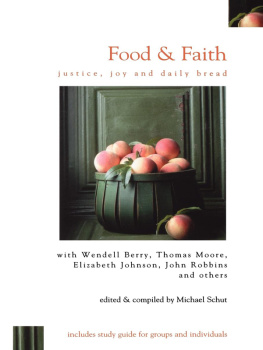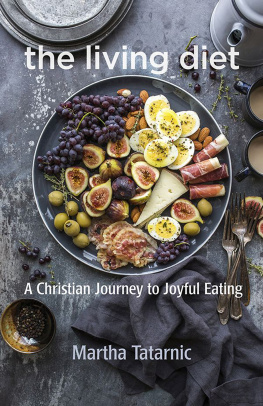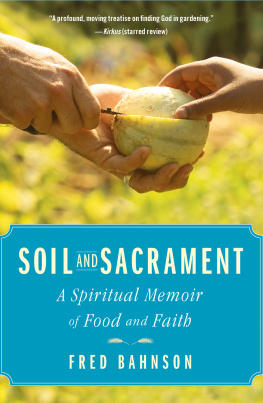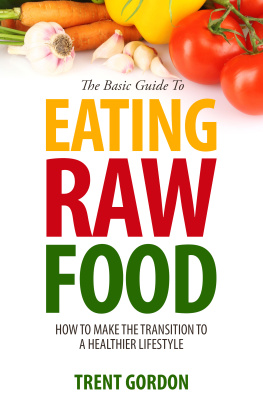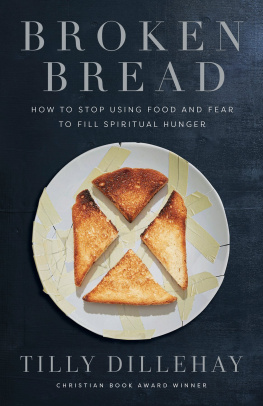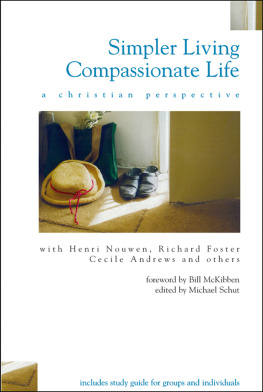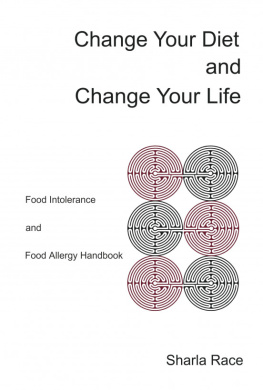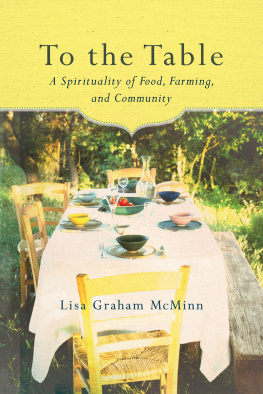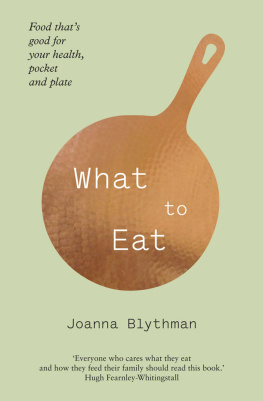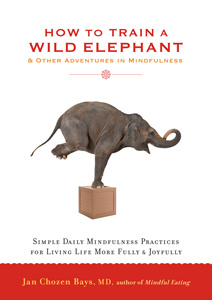All rights reserved. No part of this publication may be reproduced or transmitted in any form or by any means, electronic or mechanical, including photocopy, recording or any information storage and retrieval system, without permission in writing from the publisher.
Printed in the United States of America.
Because this is an anthology of articles from many sources, the style of punctuation and documentation varies.
A cknowledgements
Any book is the result of the combined efforts and wisdom of many people. This seems true even for books written by only one person, for that individual is an expression of all those who have influenced her or his life. The writing embodies the wisdom garnered from the community. This is even more the case, then, for an anthology such as this, combining the work of not only all the authors and the communities which have influenced them, but the input and wisdom from many members of my community. This book is all the richer and fuller for it, and I am grateful.
I am a staff member at Earth Ministry, an ecumenical, Christian, environmental nonprofit organization. For literally making the work of Earth Ministry possible, thank you to all our donors! Special thanks to The Greenville Foundation (Sonoma, CA), The Northwest Fund for the Environment (Seattle, WA), and The Dudley Foundation (Bellingham, WA) for their generous support of this project. These foundations were able to see beyond the perceived boundary typically drawn between environmental and religious concerns.
We are also grateful for the financial support of the Evangelical Lutheran Church in America (Danielle Welliever and the World Hunger Coordinating Committee) and the Reformed Church in America (John Paarlberg and the Office of Social Witness and Worship).
In 1997, Earth Ministry published Food, Faith, and Sustainability, an anthology of eight essays and a five-week curriculum. This book is a significant expansion of that previous version. Those mentioned here include people who helped on Food, Faith, and Sustainability as well as Food and Faith.
This is the second book Earth Ministry has published with Living the Good News. Living the Good News originally saw the value in publishing Simpler Living, Compassionate Life and we are grateful for their interest in publishing this book with us as well. Thank you especially to Kathy Coffey, James Creasey, and Liz Riggleman for your enthusiasm, wisdom in navigating the publishing world and patience. Thank you, Kathy, for serving as editor, and for your good humor. Thank you to the rest of the staff at Living the Good News for your support. We at Earth Ministry believe strongly in our mission and the resources we produce; your support and involvement with us has spread that work to thousands of individuals and hundreds of churches.
My deepest thanks to Rev. Jim Mulligan, Earth Ministry's Executive Director. Jim and I have worked together for seven years, on many projects. The word unique is overused, but Jim is a unique boss. Thank you, Jim, for serving as my primary dialogue partner on Food and Faith, for helping my own writing become more clear, for reading the essays, providing ideas for essays and for sharing your wisdom and insights to help shape this book.
The rest of Earth Ministry's staff also played important roles. In various brainstorming sessions, all the staff provided input on Food and Faith's content. Pete Dorman and Yvonne Wilhelmsen were always available for administrative and marketing support. Tanya Barnett's deep concerns for the issues raised in this book have been inspiring to me; she has also served as a dialogue partner. Rev. Nancy Wright and volunteer extraordinaire Ruth Mulligan were supportive of this project throughout.
Scott Warner and John Hoerster provided professional, friendly, and pro-bono legal advice as we developed Food and Faith. Their expertise and thorough attention to detail were invaluable to us lay-folk!
Other former staff and current volunteers helped make this book's precursorFood, Faith, and Sustainabilitymore readable arid user-friendly: Phebe Gustafson, Sheryl Wiser, Jeanette Carlson, Ruth Mulligan, Carol Sue Janes, Mark Musick, and Victoria Campbell. Earth Ministry board member Joel Sisolak helped edit and refine the introductory essay.
Cecile Andrews graciously offered her Study Circles ideas and principles, an approach to learning that we follow closely.
The majority of the content of this book comes from the hard work, perceptive thinking and deep care that all the included authors bring to their life and work. They are leaders in their fields of expertise. I have personally benefited from many of their writings a great deal. I hope their inclusion here helps many others.
Thanks to the many publishers for permission to reprint the essays contained herein. To all those who used the original Food, Faith, and Sustainability curriculum and sent in written evaluations or spoke with me in person, your comments and encouragement were always appreciated and helped in forming Food and Faith.
Thank you to my mother and father, Wayne and Joyce Schut, and my grandparents, Henry and Wilma Van Roekel and Henry and Hazel Schutfor living out and teaching me about the value of community, neighborliness and taking care of the soil. Thank you to my dear friends Jeanine and Larry Diller Murphy for their prayers and financial support of Food and Faith. I am grateful to my church, New Creation Community, for their prayers.
Michael Schut
September, 2002
If we no longer believe that the Earth is sacred, or that we are blessed by the bounty around us, or that we have a caretaking responsibility given to us by the Creatorthen it does not really matter to most folks how much ecological and cultural damage is done by the way we eat.
Gary Paul Nabhan
If we are to live and eat compassionately, with care, then the most fundamental shift we must make is a spiritual one. The essence of that shift is to live as if the Earth is the Lord's, not a treasure chest for human plunder. Put differently, we must remember and act as if our home is a sacred place, and that God is not only transcendent but also immanent, very near.
Michael Schut
Introduction
Our hope lies in that minority of people whose lives are less defined by economics than by beauty and the love which attends it.
Wes Jackson
We can [not] live harmlessly or strictly at our own expense; we depend upon other creatures and survive by their deaths. To live, we must daily break the body and shed the blood of creation. The point is, when we do this knowingly, lovingly, skillfully, reverently, it is a sacrament; when we do it ignorantly, greedily, clumsily, destructively, it is a desecrationin such desecration, we condemn ourselves to spiritual and moral loneliness, and others to want.
Wendell Berry
O verview

